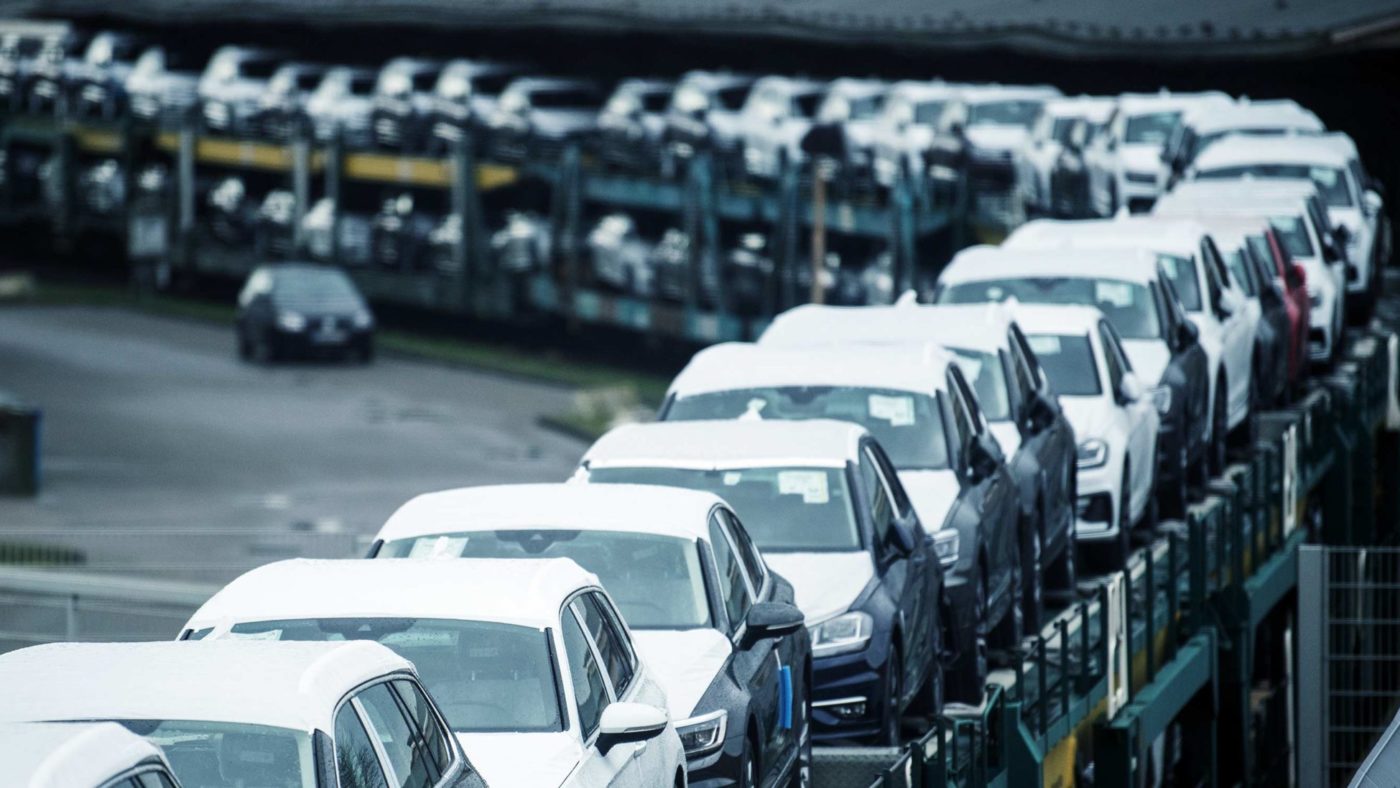Another day, another critical Brexit vote. As MPs return to the Commons today to vote on no deal, they have been armed with new details about the Government’s temporary tariff regime for a no-deal scenario. In short, no customs duties will be due on the vast majority of goods we import if we leave without a deal. Trade liberalisation is the flavour of the day, marking a shift in favour of global Britain.
Tariffs are a tricky game for government. Britain cannot drop tariffs against EU goods alone in the event of no deal due to the World Trade Organisation’s most favoured nation (MFN) rule. Without a WTO-recognised free trade deal, cutting tariffs on EU goods to zero would mean applying the same treatment to all these goods no matter where in the world they have come from. No deal means no cherry-picking who your friends are.
Under the new regime, 87 per cent of total imports to the UK by value would be eligible for tariff-free access. This is up from around 80 per cent of imports that are tariff-free today. This may seem like a modest change, but the list of protections translates to 18 per cent of products imported from the EU incurring customs duty for the first time. Meanwhile, just 8 per cent of products from outside the EU will be subject to tariffs, when 44 per cent are at the moment.
The Government’s proposals echo a recent paper by the Centre for Policy Studies, ‘A Budget for No Deal’, calling for a unilateral reduction in most tariffs to keep costs low, whilst supporting certain industries from external shock. Both plans agree that aiming for zero tariffs on as many goods as possible is best for businesses, consumers and the economy as a whole.
A no-deal Brexit is likely to cause a fall in the value of the pound, which would drive up the cost of imports. As the Chancellor reaffirmed in his Spring Statement today, it is likely that consumers would pay the price in the shops.
There are a range of fiscal levers he can pull to mitigate the costs, some of which I outlined for CapX last week. However, the impact of tariffs on prices would remain significant, adding an average of 2.7 per cent to the price of goods, if standard WTO tariffs were imposed across the board. Unilaterally abolishing tariffs, on the other hand, would reduce prices by 1 per cent. It is therefore encouraging to see the Government taking this on board in reducing the range of goods subject to duties.
Those businesses that have been most fiercely protected by the EU for so many years will need some interim measures to help them adjust to global markets. On the Government’s list of protected products are a mixture of tariffs and quotas on beef, lamb, pork, poultry and some dairy. As the CPS report highlights, the problem for agriculture is not only concentrated by product, but also by geography, making it an especially tricky political hot potato. This is true of other sectors included in the list of tariff-protected goods, such as the car industry.
Crucially, the regime announced today is a temporary one, applying for up to 12 months. In this window, the Government will hold a full consultation and review on a permanent approach to tariffs. That gives the government an opportunity to further reduce tariffs while working with the sectors that remain protected to stand on their own feet.
History has shown us that protecting industries from legitimate competition sets them up for failure in the long run. By making clear that their special tariff status is strictly time-limited, Government can assist, invest and retrain where necessary to help them compete on the international stage. Temporary tariffs should be used for rehabilitation rather than life support.
Some might think this is all academic given that MPs are expected to vote against no deal tonight. But the motion before the Commons is only advisory and even then, only applies to ruling out no deal on 29 March if unamended.
If MPs do not vote for an extension of Article 50 tomorrow, we would revert to the default of leaving on 29 March with little time and few options left for a further deal to be found. And even if there is an extension, that only moves the cliff edge. It doesn’t eliminate the possibility that we topple over it. Either way, many roads lead to no deal, even if the most direct one is blocked tonight.
In its regime for trade liberalisation under no deal, the Government has made a decisive statement on the global ambitions of Britain under no deal. Removing more tariffs is a step in the right direction. And — deal or no deal — trade liberalisation should be at the heart of Britain’s plans for post-Brexit prosperity.
CapX depends on the generosity of its readers. If you value what we do, please consider making a donation.


